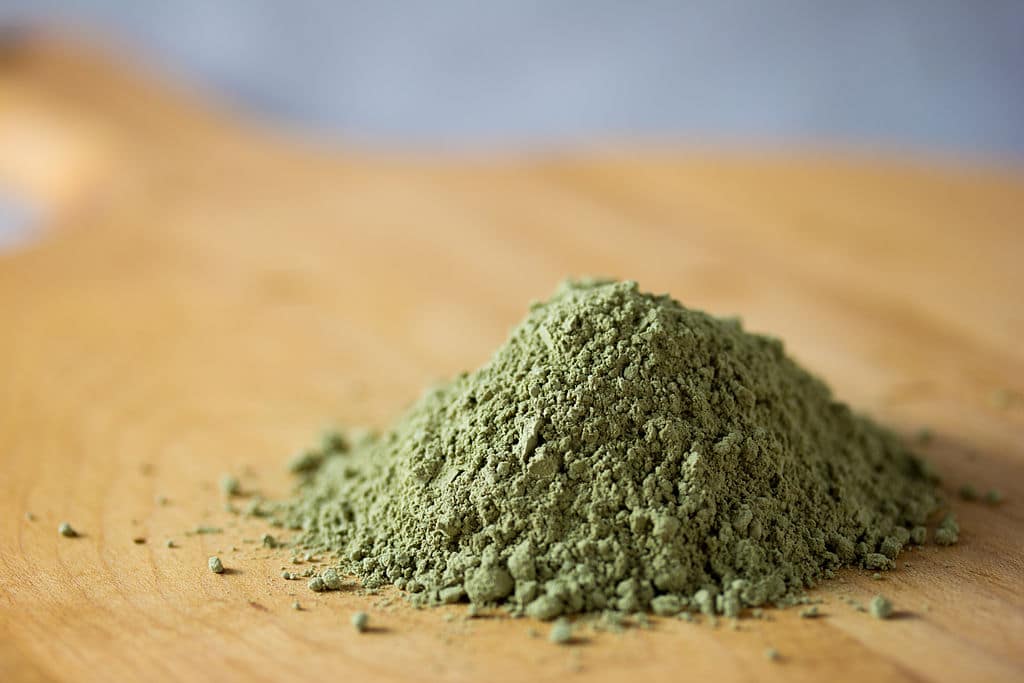A new study has shown that extracts of decaffeinated green tea can reduce body fat when compared to placebo and improve metabolic efficiency in physically active men.
A new study has shown that extracts of decaffeinated green tea can reduce body fat when compared to placebo and improve metabolic efficiency in physically active men.
The aim of the study, by researchers at the University of Hertfordshire and Anglia Ruskin University, was to determine whether a decaffeinated green tea extract (dGTE) could positively influence fat oxidation, body composition and exercise performance.
The extract used provided a 400mg daily dose of epigallocatechin fallate (EGCG) – a natural constituent of green tea.
14 recreationally active men with an average age of 21 participated in the double-blind, placebo-controlled study and were randomly assigned capsulated dGTE or placebo for four weeks. Following measurement of body composition and resting cardiovascular, participants cycled for one hour three times a week. Fat and carbohydrate oxidation was assessed and pre-post exercise blood samples were collected for determination of total fatty acids (TFA).
The study, published in the Journal of the International Society of Sports Nutrition, found that in the dGTE group total fat oxidation rates increased by 24.9% by week four compared to the placebo group, body fat significantly decreased, by 1.63% and there was a 10.9% improvement in performance distance covered.
The researchers concluded: “dGTE in conjunction with exercise training reduced relative fat and body composition in recreationally active, male volunteers. Improved metabolic efficiency during submaximal exercise may potentiate improved metabolic economy and hence adherence to longer term training programmes. Combined with the observed impact of dGTE on subsequent performance indices, this supports the contention that EGCG use may modulate cellular signalling pathways leading to more efficient substrate use, resulting in improved exercise output.”
The researchers commented that the use of a capsulated decaffeinated green tea extract in the study potentially offered a more practical way to regularly consume a daily dosage to gain these positive effects as opposed to drinking the six or seven cups of green tea that would be necessary.





